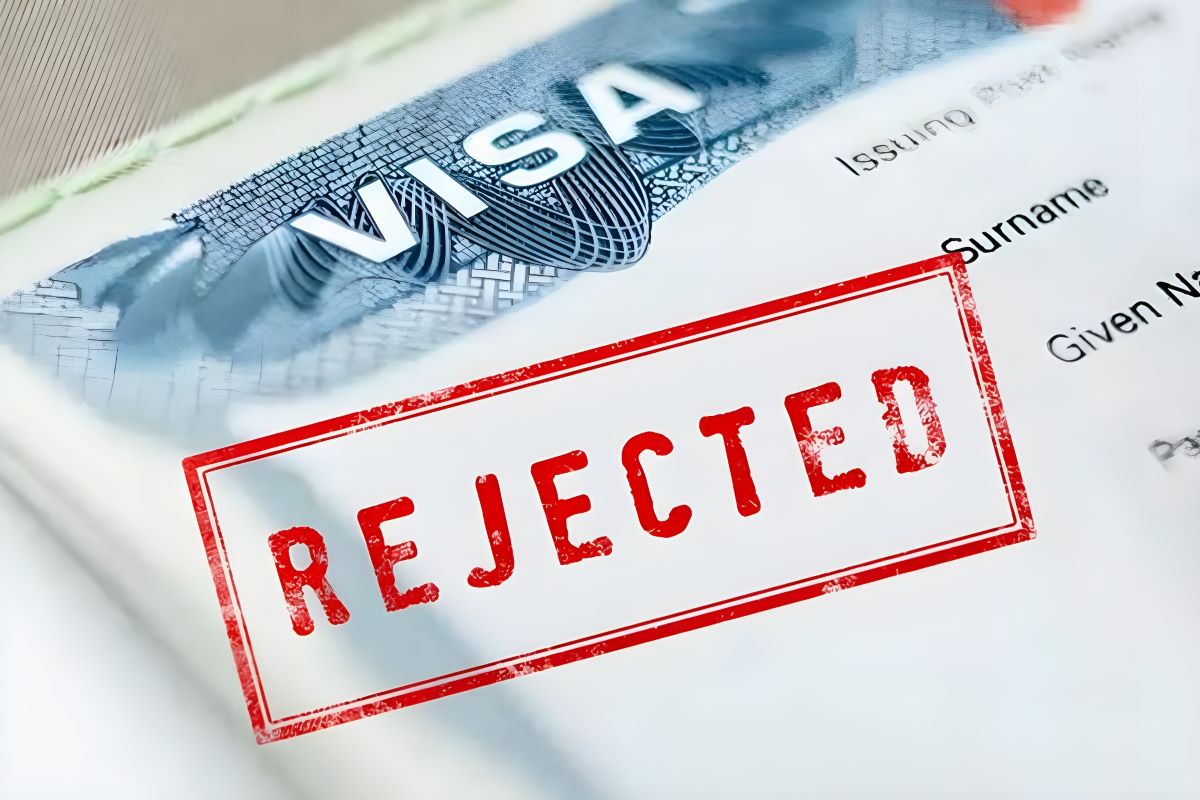
Applying for a Schengen visa can be a nerve-wracking process, especially if you’re worried about the possibility of rejection. Every year, thousands of applicants are denied, often for avoidable reasons. Understanding the common rejection causes and learning how to avoid them can dramatically increase your chances of success.
In this article, we’ll explore the top reasons why Schengen visa applications are rejected and how you can ensure that your application stands the best chance of approval.
1. Incomplete or Incorrect Documentation
One of the most common reasons for Schengen visa rejection is submitting incomplete or incorrect documents. The Schengen authorities require a thorough and precise set of documents to process your application, including:
– Valid Passport (at least three months of validity beyond your planned return date)
– Complete Application Form (filled in accurately)
– Recent Passport Photos (in the correct size)
– Travel Insurance (with a minimum coverage of €30,000)
– Proof of Accommodation
– Flight Itinerary
How to avoid this:
Double-check all the required documents for the country you’re applying to. It’s essential to ensure that everything is filled out correctly, signed, and up-to-date. Missing documents or inconsistencies can lead to an immediate rejection.
2. Insufficient Financial Means
Another significant cause of rejection is the inability to prove that you have sufficient financial means to support yourself during your trip. Schengen embassies want to ensure that visitors have enough funds for the entire duration of their stay.
How to avoid this:
Provide recent bank statements (typically for the last three to six months), salary slips, or any other proof of income. The minimum financial requirement varies by country, so be sure to check the specifics for the destination you’re applying to.
3. Invalid Travel Insurance
Travel insurance is a mandatory requirement for a Schengen visa, and failing to provide the correct insurance can lead to a rejection. The insurance must cover emergency medical expenses and repatriation costs of at least €30,000 and should be valid in all Schengen countries for the entire duration of your stay.
How to avoid this:
Purchase travel insurance from a reputable provider that meets the Schengen visa requirements. Double-check that the coverage is adequate and valid for the dates of your trip and in all the countries you’re visiting.
4. Suspicion of Intent to Overstay
One of the most serious reasons for a Schengen visa rejection is if the authorities suspect that you intend to overstay your visa or work illegally in the Schengen area. This is especially likely if you have a history of visa rejections or overstaying.
How to avoid this:
Be honest and transparent about your travel plans. Include strong ties to your home country in your application, such as proof of employment, family commitments, or property ownership. This will demonstrate that you intend to return to your home country after your visit.
5. Criminal Record
Applicants with a criminal record, especially those involving serious offenses, may face visa rejection. Schengen authorities have strict rules concerning applicants with past convictions, particularly if they are deemed a threat to public safety or security.
How to avoid this:
If you have a criminal record, disclose it honestly and provide any necessary documentation. Depending on the severity of the offense and the time elapsed since the conviction, your application might still be considered.
—
What to Do if Your Schengen Visa Is Rejected
If your Schengen visa application is rejected, don’t panic. You will usually receive a rejection letter that outlines the reasons for the denial. In most cases, you can reapply after correcting the issues mentioned in the letter. Alternatively, you may also appeal the decision within a certain timeframe, depending on the country.
How to Appeal a Schengen Visa Rejection
1. Review the rejection letter carefully and gather any additional documents that address the reasons for rejection.
2. Write an appeal letter, explaining why you believe the decision was incorrect and providing any supporting documents.
3. Submit your appeal within the timeline specified by the embassy or consulate.
—
Get Your Hassle-Free Schengen Visa
Worried about the complexities of applying for a Schengen visa? Let Freesa help you secure your appointment quickly and efficiently, without the stress! With a **money-back guarantee** if we can’t secure your appointment, you can rest assured that you’re in safe hands.
📅 **[Book your Schengen Visa appointment now at Freesa (https://freesa.co.uk/) and enjoy a smooth, hassle-free process with expert guidance every step of the way!










